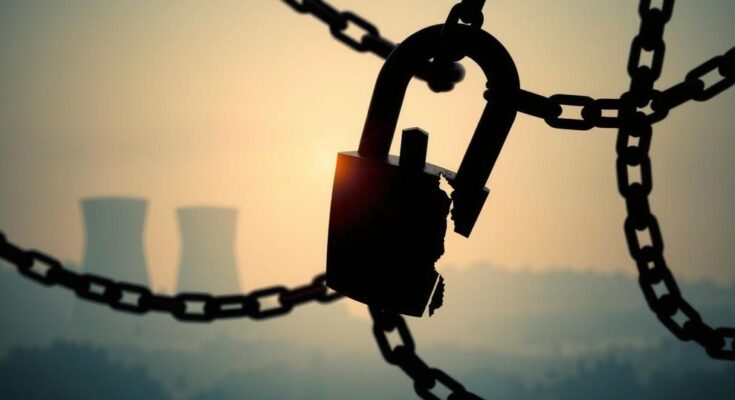Human rights activist Amjad Ayub Mirza is sounding the alarm over the shocking alleged kidnapping of 16 nuclear engineers from a uranium mining site in Lakki Marwat, Pakistan. This incident not only garners attention on a global scale but also raises urgent questions about the safety of both nuclear materials and personnel in troubled regions.
Mirza challenges the government’s narrative regarding the incident, suggesting that the involvement of certain military factions could be at play. Reports indicate that the Tehreek-e-Taliban Pakistan (TTP) stole uranium from the site, yet Mirza argues that the reality is far more complicated than being framed by authorities.
He pointed out the striking absence of resistance from security forces during the TTP’s incursion, asking, “How could the TTP breach a secure uranium mining area without resistance from security personnel or the military?” The fact that no shots were fired during this alarming occurrence raises significant suspicion.
Moreover, Mirza rebukes the government’s slow response to the kidnapping, questioning the lack of helicopters or resources deployed to pursue those responsible. He remarked that this negligence indicates potential collusion between the abductors and security factions.
The activist also speculates that the military might exploit this event to facilitate uranium smuggling to Iran, highlighting ongoing concerns regarding Pakistan’s management of its nuclear assets. He stated, “Pakistan’s military has been involved in covertly selling nuclear technology to rogue states, undermining global security.”
Mirza urges transparency and accountability, appealing to the International Atomic Energy Agency (IAEA) for an independent investigation. The specter of the engineers’ abduction heightens fears regarding the potential misuse of Pakistan’s nuclear capabilities and non-proliferation efforts.
The abduction has ominous implications for international security, prompting Mirza to call on the United States to present this harrowing issue to the United Nations Security Council (UNSC). He warns that any unauthorized transfer of nuclear materials could threaten the global Treaty on the Non-Proliferation of Nuclear Weapons (NPT).
Mirza’s passionate words underscore that the safety of Pakistan’s nuclear assets is not merely a national concern but a profound global crisis, calling for urgent action from the international community.
Amjad Ayub Mirza expresses alarm over the kidnapping of 16 nuclear engineers in Pakistan, casting doubt on the official story and suggesting military complicity. He critiques the inadequate response from authorities and calls for an IAEA investigation. The incident raises pressing concerns about nuclear security and the potential for smuggling uranium, urging global action to safeguard against proliferation risks.
In summary, the alleged abduction of nuclear engineers in Pakistan has unleashed a wave of concern regarding the safety of the nation’s nuclear assets and their potential implications for global security. Activist Amjad Ayub Mirza emphasizes the need for a thorough investigation and accountability, as the incident points to deeper issues within Pakistan’s military and its handling of nuclear technology. This matter calls for urgent attention from the international community to prevent threats to the Treaty on the Non-Proliferation of Nuclear Weapons.
The incident involving the alleged kidnapping of nuclear engineers in Pakistan’s Dera Ismail Khan region is not an isolated event but part of a broader narrative concerning the security of nuclear materials. Pakistan has a history of military involvement in nuclear affairs, raising questions about oversight and accountability. The fears surrounding nuclear proliferation and potential technology transfer to rogue states underscore the gravity of the situation confronting global security frameworks today.
Original Source: www.newsx.com



